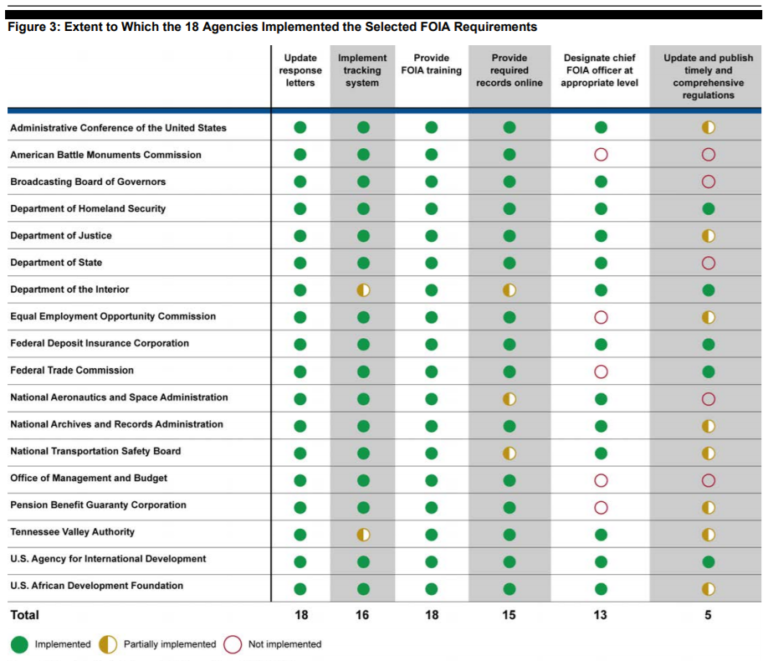WASHINGTON, D.C. – Aug. 1, 2018 – Cause of Action Institute (“CoA Institute”) today sued the U.S. Department of Justice (DOJ) for failing to respond to three FOIA requests pertaining to the use of personal email by former FBI Director James Comey, former FBI Chief of Staff James Rybicki, and DOJ’s Director of Public of Affairs Sarah Isgur Flores.
The recent Office of Inspector General (OIG) report on the Hillary Clinton email scandal disclosed that Comey had used his personal email to conduct official business, but that OIG was, “never given access to all the work-related emails.” Comey claimed he either forwarded emails from his personal account to his official account or to Chief of Staff Rybicki. In an unrelated incident last year, Flores was cited as using her Gmail account to issue a statement on behalf of the Attorney General in response to a Washington Post article. CoA Institute filed three FOIAs relating to these matters, and in each case, DOJ failed to respond within the statutory timeframe.
Cause of Action Institute Counsel Ryan Mulvey:
“There is no reason for the U.S. Department of Justice to stonewall and ignore these FOIA requests. The requested emails, even though created or received on personal devices or in personal accounts, are agency records and the public has every right to access them. It should never have been necessary for us to sue the DOJ, the nation’s chief law enforcement body, to force it to abide by its obligations under the FOIA.”
The three FOIA requests include:
- June 14, 2018 – Office of Inspector General FOIA request for “all emails sent or received by former FBI Director James Comey or former FBI Chief of Staff James Rybicki on a personal email account … conducting official government business, that were acquired or reviewed by” OIG.
- June 14, 2018 – FBI FOIA request for, “all emails sent or received by former FBI Director James Comey or former FBI Chief of Staff James Rybicki on a personal email account … conducting official government business…”
- March 2, 2017 – Office of Information Policy FOIA request for, “any email, including attachments, sent by Sarah Isgur Flores on or about March 2, 2017 from a non-governmental email account, containing a statement in response to news reports that Attorney General Jeff Session met with the Russian Ambassador during the 2016 Presidential Election.” CoA Institute also asked for, “all other emails, including attachments, sent or received by Sarah Isgur Flores on a non-government email account that were for the purpose of conducting official government business.”
The full complaint can be viewed below.
About Cause of Action Institute
Cause of Action Institute is a 501(c)(3) non-profit working to enhance individual and economic liberty by limiting the power of the administrative state to make decisions that are contrary to freedom and prosperity by advocating for a transparent and accountable government free from abuse.
Media Contact:
Matt Frendewey
matt.frendewey@causeofaction.org
202-699-2018
